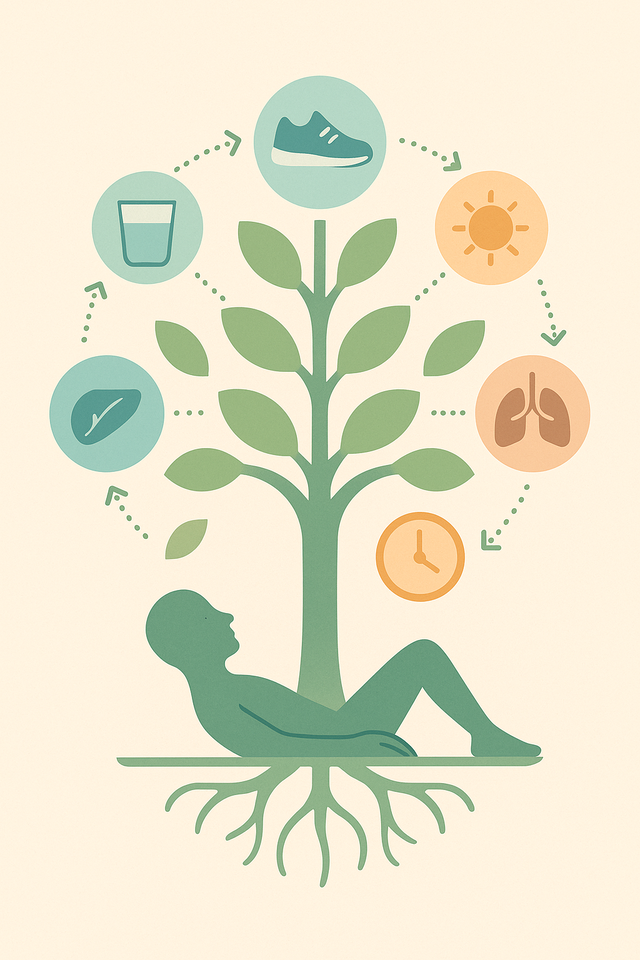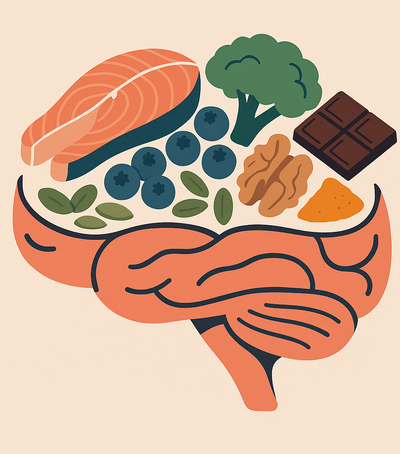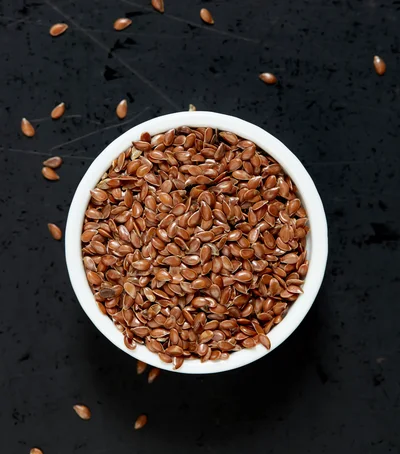
Instead of aiming for extreme changes, microhabits – small, easy-to-repeat behaviors – have big long-term health impacts. They empower the gradual building of positive routines without psychological burden.
1. What are microhabits?
Minimalist actions that are repeated every day: for example, walking for 5 minutes after each meal, drinking two glasses of water in the morning, or taking 10 deep breaths before opening an email. Through consistency, they create neural pathways that facilitate motivation and engagement.
2. The “cascade” effect
Gradual build: Each repetition strengthens neurological connections.
Reduced voluntary fatigue: The simplicity of rituals minimizes resistance to continuing them.
Positive reinforcement: The first results (more energy, concentration, better mood) increase the desire to maintain the habits.
3. Scientific information
Research shows that walking after meals helps stabilize blood sugar, while hydration immediately after waking up improves concentration. Breathing practices reduce stress levels and increase mental calm.
4. How to integrate them into the diary
Choose an easy action and connect it to something you do regularly.
Set signals (alarm, place at the table) to remind you.
21-day consistency to make them an unquestionable part of the routine.
Gradual increase: then add another microhabit or extend the practice time.





